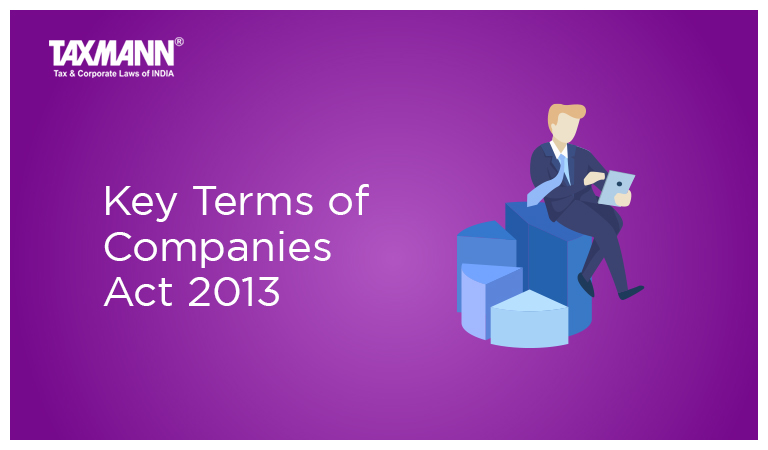Introduction Every year, before the … Continue reading “Taxmann’s Budget Expectations viz-a-viz the Finance Bill, 2021”
Author: Taxmann
The Research and Editorial Team is responsible for developing reliable and accurate content for the readers. The team follows the six-sigma approach to achieve the benchmark of zero error in its publications and research platforms. The team ensures that the following publication guidelines are thoroughly followed while developing the content:
- The statutory material is obtained only from the authorized and reliable sources
- All the latest developments in the judicial and legislative fields are covered
- Prepare the analytical write-ups on current, controversial, and important issues to help the readers to understand the concept and its implications
- Every content published by Taxmann is complete, accurate and lucid
- All evidence-based statements are supported with proper reference to Section, Circular No., Notification No. or citations
- The golden rules of grammar, style and consistency are thoroughly followed
- Font and size that's easy to read and remain consistent across all imprint and digital publications are applied
Is it a coincidence or … Continue reading “FAQs on new provision relating to TDS on purchase of goods”
The Finance Bill, 2021 proposes … Continue reading “FAQs on Taxation of ULIPs”
There are only a few … Continue reading “Tax on Interest earned on PF – A Shot Hits the Bull’s Eye”
GST Works Contracts – Case … Continue reading “GST Works Contracts – Case Studies & Case Laws on Solar Power Generating Systems”
Contents: Introduction Scope and Compliance … Continue reading “Accounting Standards – Meaning and its Applicability”
FAQ 1. What is the … Continue reading “Key Terms of Companies Act 2013”
Table of Contents Bar of … Continue reading “[FAQs] on Law Relating to Limitation Act, 1963”
Table of Contents 1. Introduction … Continue reading “Consideration under the Indian Contract Act”
March 01, 2021 Sunil Kumar, … Continue reading “Abolition of GST annual audit requirement could save up to ₹30K crore annually”







![[FAQs] on Law Relating to Limitation Act, 1963](https://www.taxmann.com/post/wp-content/uploads/2021/03/9.-FAQs-on-Law-Relating-to-Limitation-Act-1963.jpg)



 CA | CS | CMA
CA | CS | CMA


